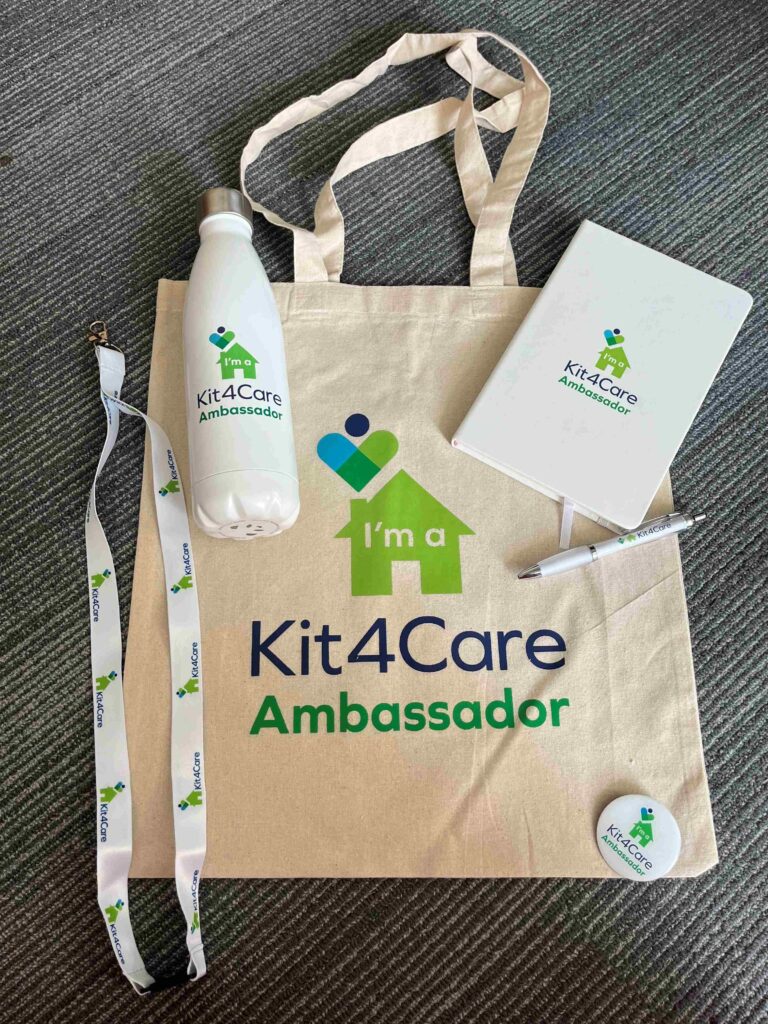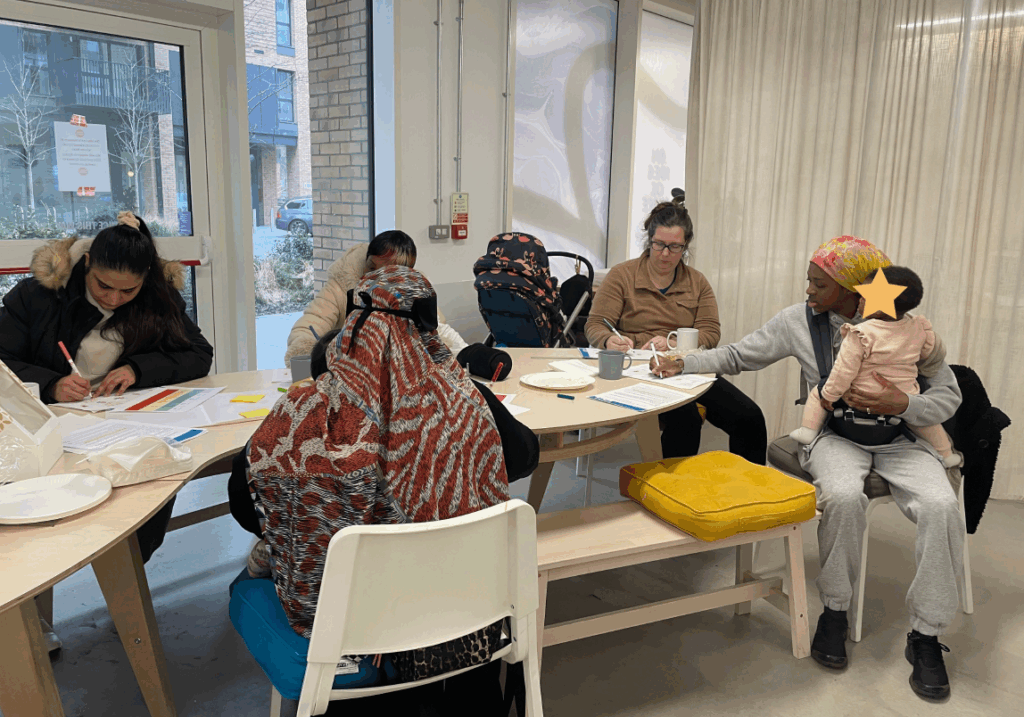The power of health & social care provider collaboration to improve home healthcare

Pia Barna’s blog shares learnings from our work with health & social care providers in Devon, rolling out remote monitoring technology.
Introducing the Kit4Care Programme
In simple terms, the programme wants to enable recipients of homecare to stay well and comfortable in their own home for longer whilst receiving high-quality care. It promotes a collaborative model, encouraging health and social care colleagues to work together to design solutions to make this happen. In its mission, it is closely linked to the ambitions of the well-known Digital Neighbourhood Vanguard work, originally named the “Remote Health Monitoring Programme”.
The beginnings of Kit4Care can be traced back to Torbay, where a small team of homecare providers and GPs completed a test of merit to explore an idea: care workers would use monitoring equipment (provided by Whzan Digital Health) to detect ill health in homecare clients and determine risk following the National Early Warning Score (NEWS-2) system. This information is passed on to healthcare professionals to enable them to make informed decisions based on a patient’s care needs and reliable data.
Following this local test-of-merit, funding was awarded through the Digitising Adult Social Care Fund, enabling the Kit4Care programme to scale up, engaging more practices, providers and their patients with an ambition to reach as many homecare clients as possible across Devon. We are currently working with health and social care colleagues across three areas; Plymouth (South), Newton Abbot (East) and Beaworthy (North).
Making the most of the knowledge and time of those working in health and social care settings is at the heart of the Kit4care programme, but one of the big challenges is to find funding to pay for services that will ultimately reduce pressures on other services like GP practices. With Kit4Care funding it has been possible to compensate care staff for their time and training as well as paying an enhanced rate for the additional time spent with a patient when using the monitoring equipment.
Benefits of the Programme
Through a series of collaborative workshops, the benefits for patients, care professionals, as well as the wider health and social care system, have been considered as:
- Reduced hospital admissions, readmissions to hospital, ambulance calls and presentation to A&E
- Increased confidence for care workers to communicate with colleagues in healthcare
- Opportunities for upskilling care workers
- Reassurance and increased sense of safety for homecare recipients and their care workers
- Strengthening relationship between primary and social care
- Development of Local Standard Operating Protocol addressing local issues
Sharing our Learnings
Care City was chosen as the Project Coordinator for Kit4Care, based on our prior experience from a similar pilot that we ran in the London Borough of Redbridge. We are also responsible for all co-design, stakeholder engagement and evaluation activities.
We’re still in the early stages of this project but already recognise valuable insights and learnings. What is clear is the importance of having dedicated resources to support the work. Everyone is so busy with operational challenges that the ability to do project work is really constrained.
Very few projects have the luxury of surplus resources, time and funding. What we do have however, are committed, passionate and well-connected stakeholders, expertise in co-design and a system commitment to collaborate. It’s testimony to those involved as to what has been achieved so far and the difference they’ve made to people’s lives.
Through managing expectations and maintaining a realistic view of what is possible with what we have, we have been able to maintain enthusiasm and keep momentum.
Kit4Care does what it says on the tin. It doesn’t replace the vital caring role of care workers or GPs, it enhances it. It enables them to have better conversations which include the patient, offering reassurance and speedy responses to keep people as well as they can be.
John Bryant, Programme Sponsor
As our work progresses, we’re keen to share our learnings to enable others to consider the implementation of care-enabling technologies to both improve patient care and also develop the domiciliary care workforce, underpinning the government outlined plans to improve their roles and career prospects through training, qualifications.
Next month, we will share insights and learnings from our co-design phase.
If you’d like to get in touch or learn more, please email our Project Lead, Pia Barna.



